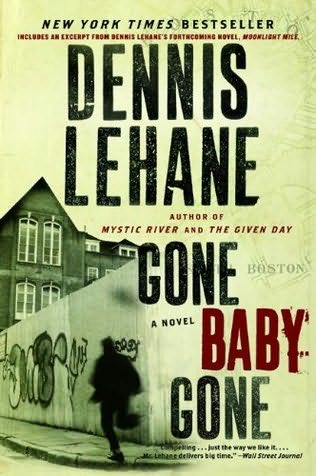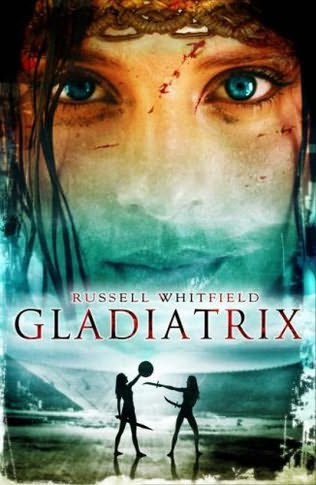Wanted
Geeky office dork (James McAvaoy) is recruited by a shadowy outfit to off a master assassin who killed his father. Cue brutal training montages as nerd is transformed from pathetic weakling to kick ass killer, then cue uber stylish action set pieces as killer hero and killer villain face-off. With a twist or two and Angelina Jolie thrown in of course to spice up the whole endeavour.
If Russian director Timur Bekmambetov flashed the merest glimpse of action dazzle in his Russian Fantasy flicks Night Watch and Day Watch (which took the courageously un-Hollywood like decision to wrap up a trilogy in 2 films), he stops playing peek-a-boo with his Hollywood debut Wanted, digging deep into his arsenal to unleash some serious cinematic pyrotechnics on jaded cine-goers. Not since John Woo's Hard Target (which incidentally, also marked the US debut of a foreign director), has a movie so blatantly coasted on sheer cinematic technique.
If Hard Target's close-ups of spinning arrows, slow-mo shots of a shattering wind shield followed by one of a spent cartridge spinning majestically into the air after being ejected from a pump action shotgun on top of the ubiquitious Woo-patented two handed gun ballets, is a clarion call by a debuting cine wunderkind, firmly established in his home turf but needing to make his presence felt on a foreign soil, one stating clearly "I know you're jaded seeing umpteen gun fights, chases and explosions, but have you seen it done like this?", then Wanted is Bekmambetov's calling card offering his sevices to up the style ante.
I's all gleefully ridiculous of course. Bullets that bend? One that boomerangs back on the shooter after a brain-splattering circular trajectory? Reversing film to show a bullet's backward journey from target back to gun chamber? Cars somersaulting off each other, running up the side of buses? There's enough eye-rolling moments in Wanted to rattle your optical nerves, but take it all as the rip-roaringly silly ride it is, and you'll have a blast.
Hancock
Hancock is a weird hybrid that never quite gels. Superhero Hancock (Will Smith) who's a derelict bum is given an image makeover by a well meaning publicist (Jason Bateman), not realising he shares a past with his gorgeous wife (Charlize Theron). Part superhero flick, part battle of the sexes rom-com, director Peter Berg can't seem to meld the two successfully. If anything, Hancock's most unique selling point would be the case it makes against mixed-race relations. A Black man and a White Woman can't get together without dire consequences for them both? If a Race Relations commentary on miscegenation in America today was the film-makers agenda all along, then this would be one of the ballsiest and gutsiest Summer Popcorn-er ever to grace screens. We should have more of them. Only with better packaging next time.
Drillbit Taylor
Owen Wilson's slacker charm and lazy drawl is hardly enough to salavage this tale of a pair of high school nerds hiring a bum who they think is a tough ex-army man as their bodyguard against a vicious bully. Wilson's still supremely watchable but the laughs are too sporadic to file this as a Wilson classic like Starsky & Hutch or You, Me & Dupree.






